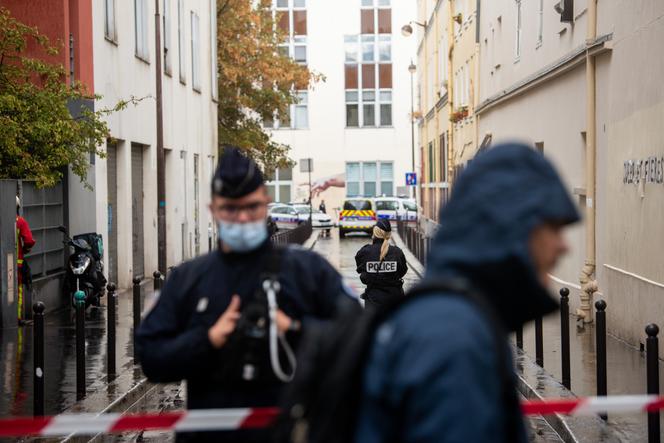
The Muhammad cartoons published by Charlie Hebdo have acted as a powerful revealer of the various forms Islamist terrorism has taken over the years. The attack of January 7, 2015, perpetrated by the Kouachi brothers and sponsored by al-Qaida, was purely jihadist in essence. The murder of Samuel Paty, accused of blasphemy by a school parent and an Islamist agitator before being beheaded on October 16, 2020, by a radicalized young Chechen, illustrated the porosity between Islamist discourse and jihadist action and the harmfulness of certain uses of social media.
A few weeks before the murder of the history-geography teacher, another attack, which left two people injured, on September 25, 2020, outside the former premises of the satirical weekly, and whose trial opens on Monday, January 6, highlighted a third manifestation of this threat: cultural terrorism. This attack was not inspired by a jihadist group or by a polemic concerning the educational content of a college course, stirred up in France on social media, but by the penal code in force in a foreign country, Pakistan, where blasphemy is punishable by death.
You have 81.29% of this article left to read. The rest is for subscribers only.